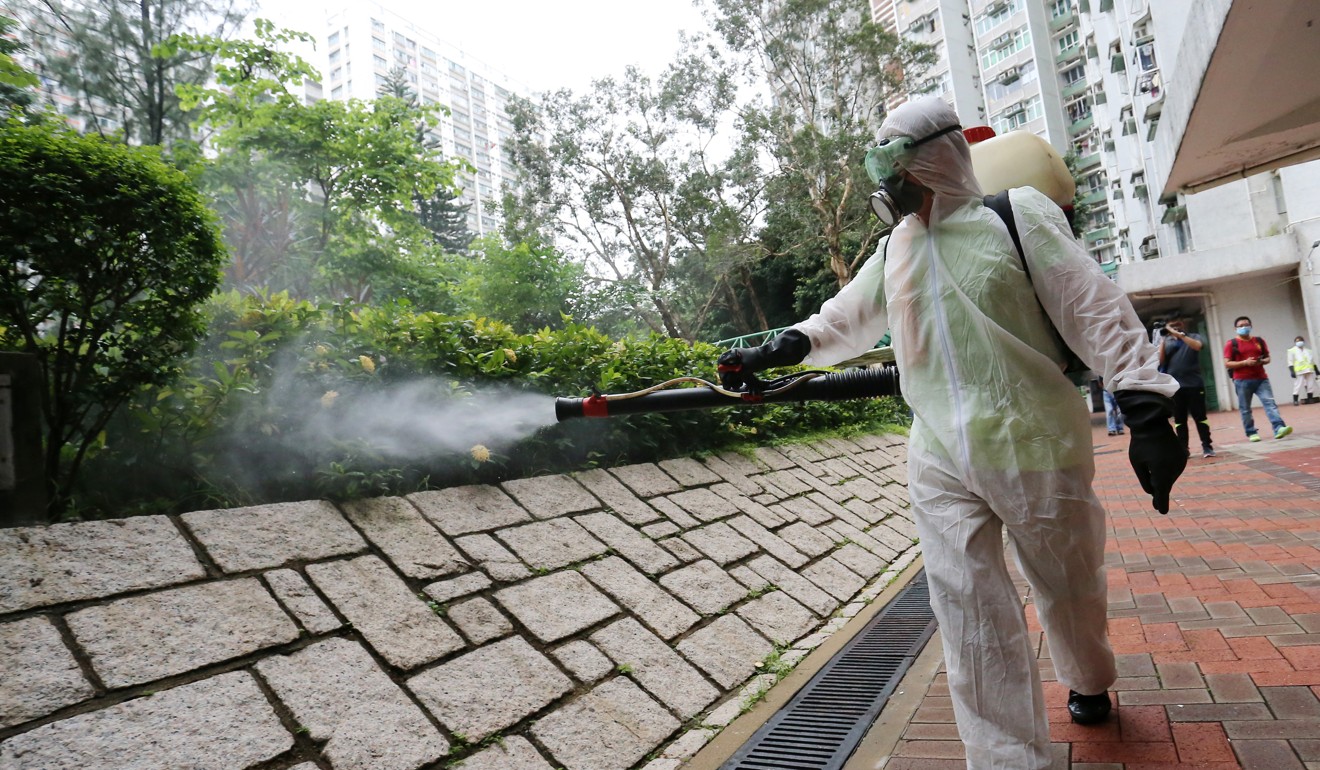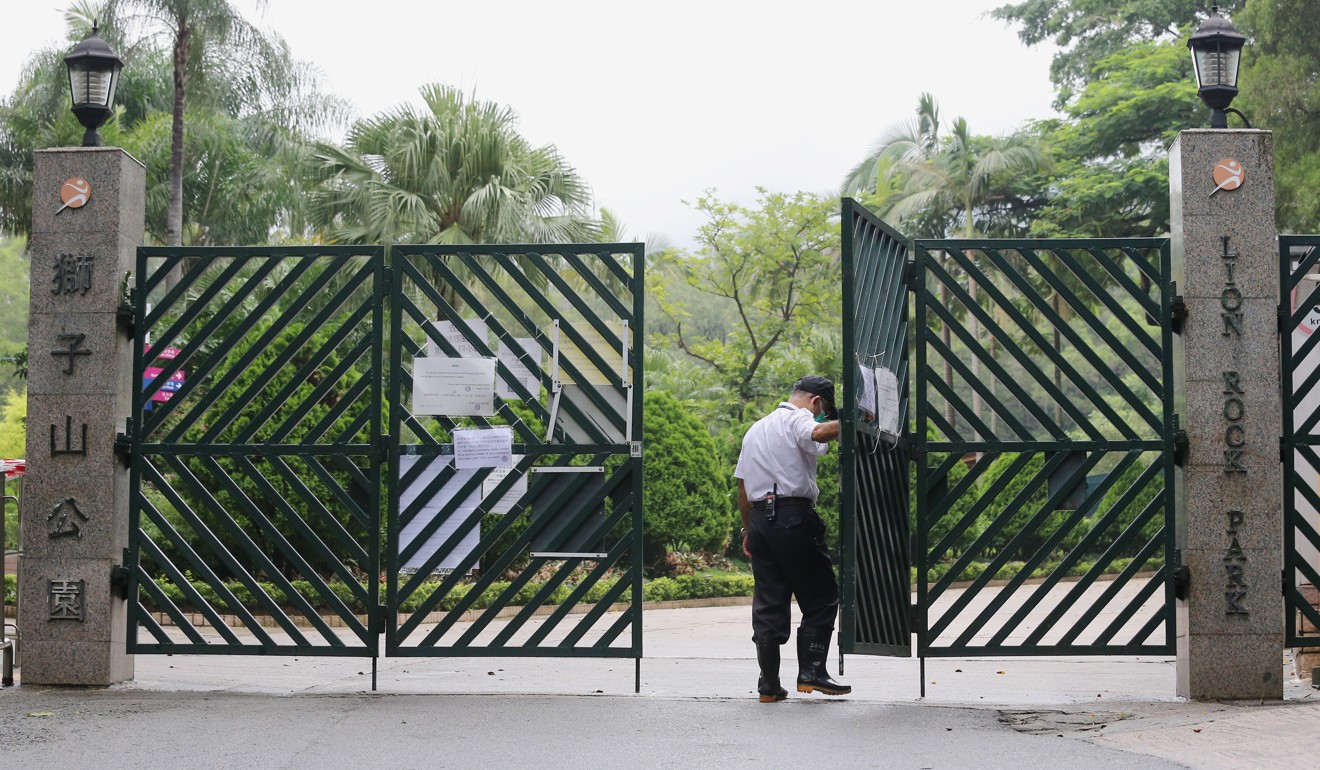
16th local dengue fever case in Hong Kong, second on tourist island of Cheung Chau
Centre for Health Protection apologises for earlier error which led it to say there was probably more than one source of infection on island
Hong Kong health authorities apologised on Monday for a laboratory mistake which led them to disclose a day earlier that there might have been more than one source of infection on an outlying island, as the city’s dengue fever outbreak escalated.
The Centre for Health Protection had said test results showed a 52-year-old man living on Cheung Chau was infected with serotype 3 of the potentially lethal virus, as opposed to serotype 1, which had afflicted the 15 other local cases.
The centre said on Sunday it was likely that the man had contracted the disease on the island. That it was a different kind to the one in the case of an 84-year-old woman also on Cheung Chau led them to believe the island might have more than one source of infection.
But on Monday the centre said the man had actually contracted serotype 1, and that the two cases on the island probably shared the same source.
The error was found in genetic sequencing which showed that the virus infecting the man was “highly similar to” that of the woman.
The man in the latest case lives on Tsan Tuen Road on the island, a popular tourist destination, and works in Lai Chi Kok. He fell ill last Wednesday and had been recovering at home. The patient had travelled to Dongguan in Guangdong province for a day trip during the incubation period of the virus, which can be spread by mosquitoes.
He was hospitalised on Saturday and his condition was stable.

Announcing the latest case, the centre’s controller Dr Wong Ka-hing said they could not confirm for certain the patient was infected on the island, as he had travelled to Lai Chi Kok.
Microbiologist ‘intimidated’ by dengue fever infection rate in city
The authorities had already stepped up anti-mosquito works on the island.
Lee Ming-wai, pest control officer-in-charge at the Food and Environmental Hygiene Department, said the work had been strengthened after the first case on the island was confirmed last week. On Sunday, department workers were sent to where the second patient lived to kill the pests.
There have already been more local dengue cases in 2018 than in recent years. There was just one local case last year, four in 2016 and two in 2015.
Dengue fever is an acute mosquito-borne infection caused by the dengue viruses and is found in tropical and subtropical regions. It is an endemic illness in many Southeast Asian countries.

The viruses encompass four different serotypes, each of which can lead to dengue fever and severe dengue, also known as “dengue haemorrhagic fever”.
The symptoms of a first infection are usually mild. Once the patient recovers, lifelong immunity to that serotype of dengue virus develops. However, cross-immunity to the other three serotypes is only partial and temporary. Subsequent infections with other serotypes are more likely to result in severe dengue.
Warnings of ‘exponential growth’ after three more dengue fever cases
Dengue fever can, in very rare cases, be fatal, with the elderly more at risk. There is no vaccine. Symptoms include a high fever, rash, nausea, vomiting, severe headaches and joint and muscle pains. Treatment includes pain relievers, rest and drinking plenty of fluids.
Earlier on Sunday, acting secretary for food and health Dr Chui Tak-yi said the authorities would roll out an “all-out intensive anti-mosquito programme for all districts”.
He added: “For areas where there is a high chance of mosquitoes gathering, we will have a weekly fogging exercise to eradicate adult mosquitoes because they are a known vehicle to spread dengue fever.”
Note: This story was amended to reflect the Centre for Health Protection’s correction on the probable number of infection sources on Cheung Chau. The Post earlier reported, on the centre’s announcement, that there was “likely” a second source of infection on the island.


